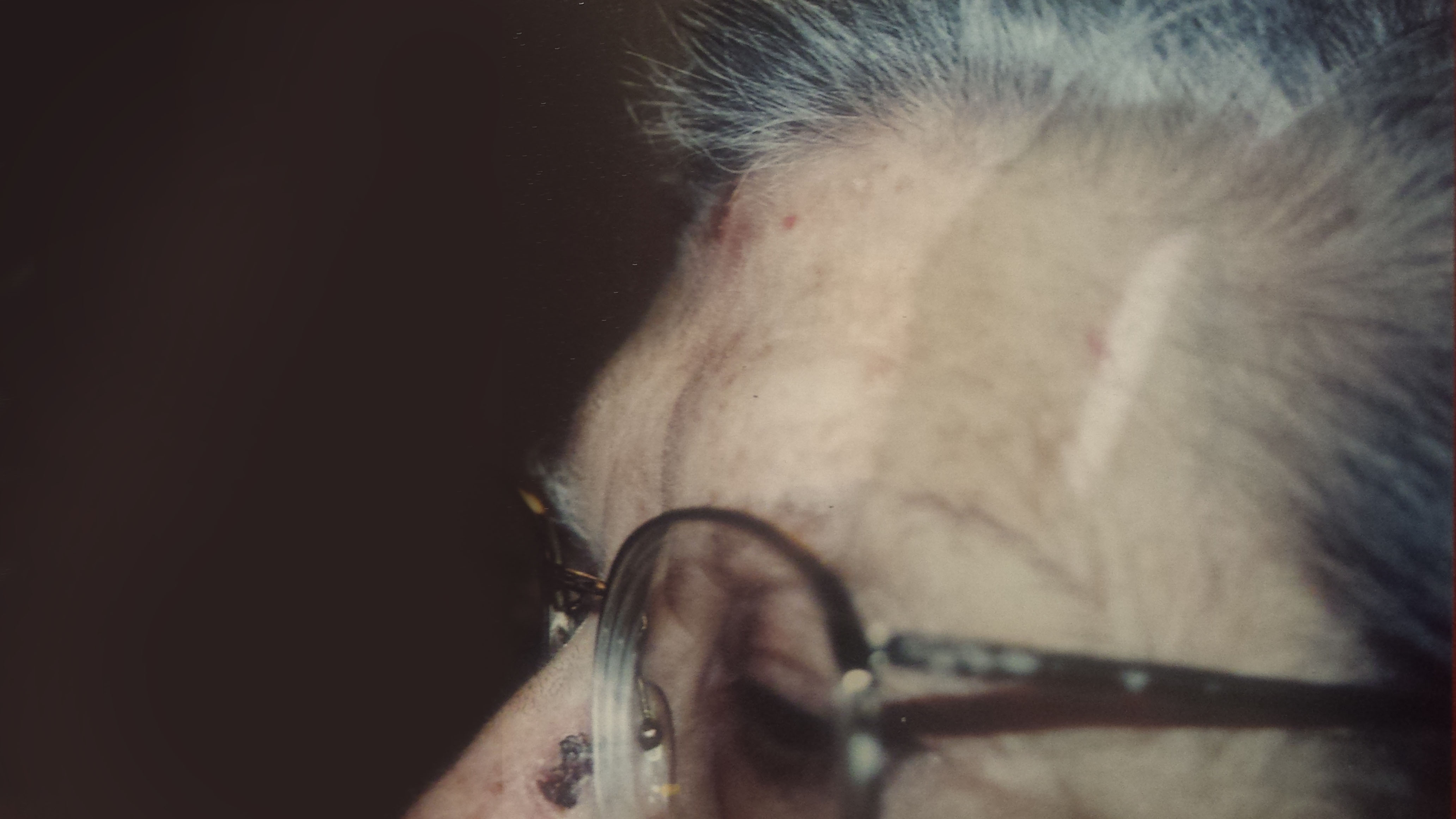Squamous cell carcinoma is kind of cancer that occurs on the skin. It affects the epithelial and squamous cells of the epidermis which form the main part of the skin. Owing to its impact on the main parts of the epidermal layers, squamous cell carcinoma is considered to be one of the major forms of skin cancer. In some rare cases, this condition can also affect lungs, the lining of the digestive tract and other parts of the body. This skin condition affects mostly the older people of the population. It is common in the 60s and 70s of an individual’s life. Because of the levels of melanin, people with lighter skin have more risk of developing this skin condition when compared to those with darker skin.
Symptoms
Squamous cell carcinoma or SCC is mainly characterized by an abnormal growth on the skin. The growth is a gradual process that starts small and then progresses into a lump on the skin. Mostly they appear as thick, scaly patches on the skin that aren’t usually painful but in some cases can be itchy. Any open wounds or sores that fail to heal can also be a warning sign of SCC. The lesions in this condition possess hard and raised edges, and their growth is very gradual. When this occurs on the lips, it looks like an ulcer, doesn’t heal quickly and tends to bleed a lot.
All in all, any ulcerated growth on the skin is small in the beginning but is displaying a gradual growth should be taken as a warning sign of the Squamous cell carcinoma and checked by a dermatologist.
Causes
The virus that has been associated with the occurrence of this condition on the lungs and fingers is named the human papilloma virus or the HPV.
Constant exposure to the sun can highly increase the risk of the development of this cancer. People who have undergone organ transplants also have been shown to be susceptible to the development of SCC. Heart and lung transplants are the most common ones to develop this skin condition.
Age also plays an important part as this condition only affects people in the later stages of their lives. Lighter skin with fewer melanin pigments leads to SCC.
Prevention
The following are the ways by which the squamous cell carcinoma can be prevented:
- Seeking shade when there is long-term exposure to the sun
- Usage of appropriate topical skin care methods like a sunscreen lotion
- Cover the skin up with proper clothing to avoid sun exposure
- Avoiding usage of tanning devices
- Paying keen attention to any abnormal growth on the skin
- Early diagnosis by regularly visiting your physician
Our treatment methods
The squamous cell carcinoma treatment method that we use at HPDC includes the application of Prof Robert Feigin formula on the affected area which would cause the SCC incrustation. After the duration of around two weeks, the healing process is completed, and it results in the formation of new skin cells. Depending on the severity of the condition, a second treatment can also be given.
The natural ingredients in our treatment process do not leave any scars on the skin. The slight marking that occurs as a result of the SCC treatment process is also of natural texture, and it fades away by itself with time.
Contact HPDC
Our natural and effective squamous cell carcinoma treatment methods would ensure a completely healthy skin, without the use of harmful drugs or chemicals for treatment. Get in touch with our experts at HPDC to know more about our treatment methods.
Before

After

How do I make a booking?
Call our customer service on 020 8144 3773 or use theBook a Consultation
Do you accept Health Insurance?
We are a private company with no public funds and provide an alternative to the conventional health service therefore we don’t accept any Health Insurance
Can my GP refer me here?
We are a private company with no public funds and provide an alternative to the conventional health service therefore your GP cannot refer you to us
Will you provide any personal medication should I need them?
The High Precision Dermatology Centre have its own in house Homeopathic pharmacy. Should you require any medications we can supply these immediately and will talk you through how to use them before you leave the clinic.
Are evening and weekend appointments available?
Call our customer service on 020 8144 3773 or use theBook a Consultation
What are the causes of Psoriasis ?
Typically causes patches of skin that are dry, red and covered in silver scales. It can cause itching or soreness. Many people have only one form of psoriasis, although two different types can occur together, or become more severe.
What are the causes of Birthmarks ?
Birthmarks are coloured marks that are visible on the skin. They’re often present at birth or develop soon afterwards. The two main types of birthmark are: Vascular Birthmarks (often red, pink or purple) caused by abnormal blood vessels in or under the skin. The Pigmented Birthmarks (usually brown) caused by clusters of pigment cells.Read More…
What are the causes of Skin Tags ?
Skin tags (acrochordons) are small flesh-coloured or brown growths that hang off the skin and look a bit like warts. They’re very common and harmless. Skin tags can vary in size from a few millimetres up to 5cm wide.Read More…
